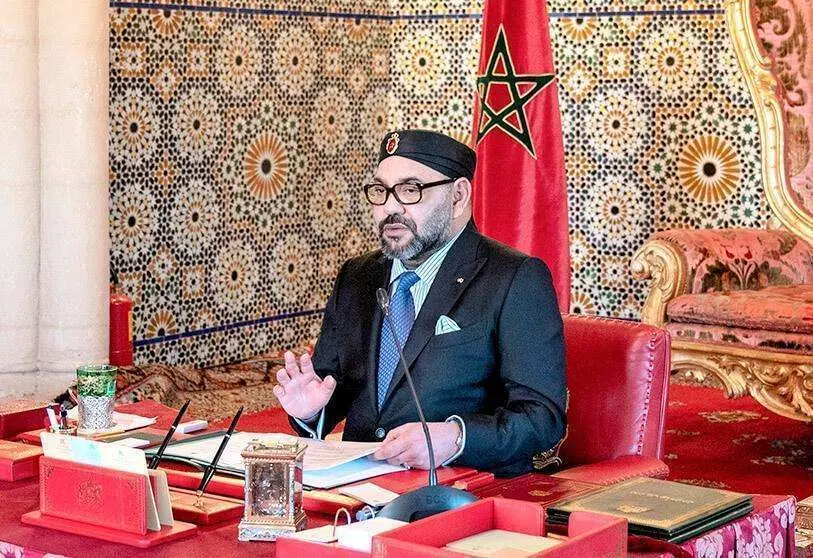An Isticlal party executive challenges Mohammed VI's prerogatives

This is not the first time that prominent members of Moroccan political parties have questioned the prerogatives attributed to the Alawite ruler by the Constitution and traditions. In previous cases, such as in 1981 when the leader of the Socialist Union Abderrahim Bouabid criticised Hassan II's acceptance of the organisation of a referendum in Western Sahara - a matter that cost the Socialist leader jail time -, or more recently when the leader of the Islamist Justice and Development Party, Abdeliláh Benkirán, criticised the establishment of diplomatic relations between Morocco and Israel, both of which were serious, the matter has been channelled and resolved without rupture.
The latest case, however, that of Enaam Mayara, with his statements on Ceuta and Melilla and the internal political situation in Spain, is more serious, and has created great unease in the southern neighbouring kingdom.
Mayara, who was born in the spiritual capital of the Sahara, Smara, and belongs to the Saharawi ethnic group, in addition to holding an executive position in the nationalist Isticlal party, is the president of the Chamber of Councillors (Senate).
According to the Maghreb Intelligence portal, which is very close to the Palace and the high State Security Administration, Enaam Mayara has made "an intrusion into the area reserved for the head of state", such as foreign policy and diplomacy. An intrusion that the online news report attributes to Mayara's personal qualities as "a trade unionist, unknown in the Moroccan political arena, who happened to reach the fourth position in the state hierarchy", behind the head of state, the head of government and the president of the House of Representatives (Parliament). A rather simplistic explanation, made to get out of an embarrassing situation in which this Isticlal leader has placed the Royal Palace.
However, the nationalist Isticlal party, led by Nizar Baraka, who is related to the dynastic saga of Allal el Fassi, which has provided heads of government, ministers and royal advisers, is not expected to make public statements condemning Enaam Mayara's remarks about the two Spanish cities. At most, he may allude to the fact that "it was neither the time nor the place" to make such politically provocative statements. But, after all, what Enaam Mayara said is the doctrine that the Isticlal party and the Moroccan state have always defended.
There is, however, another aspect of her statements that can be considered more serious than the reiteration of a position already expressed on previous occasions. This concerns the internal situation in Spain.
Enaam Mayara has called on Moroccans living in Spain, who have the right to participate in elections, whether municipal, regional or general, to "get involved in Spanish political parties to form a lobby to defend issues related to the homeland, to Morocco". In other words, to create a fifth column within the Spanish state fabric to be the champion of Morocco's interests.
Calling on Moroccans in Spain to participate in political and electoral processes is a sign of civic wisdom, and one can agree on this. Indeed, there is a notorious turnout in support mainly of Catalanist parties and Unidas-Podemos, which do not exactly advocate the best relations between Spain and Morocco. But what is unacceptable is that they are being urged from another country to defend the interests of a third. Quite simply, this is interference, unacceptable political interference.
This aspect deserves public reprobation both from the Moroccan authorities (because of his status as president of the Senate) and from the Isticlal party to which he belongs. We will have to see.

